Our Partners
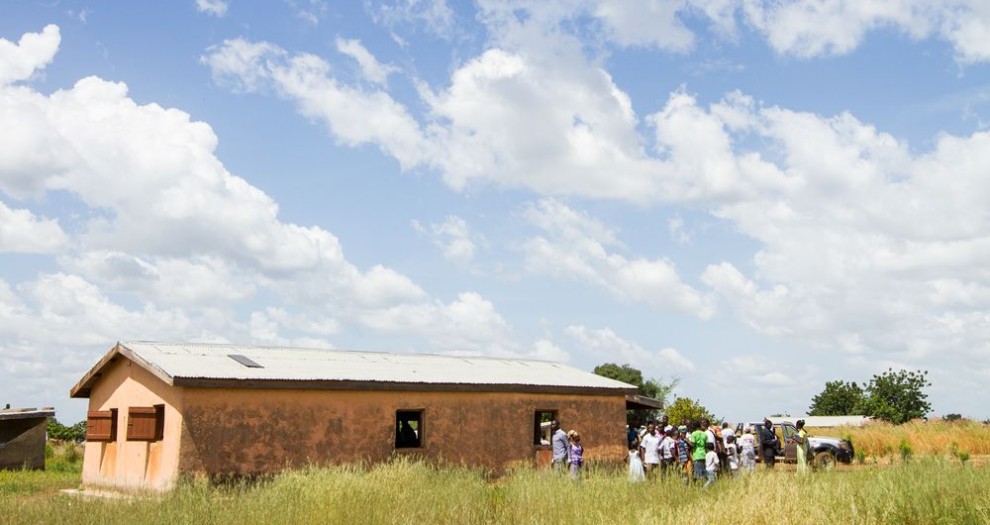
The Trust can only work effectively if it works through local partners. Our key partners are:
The Baptist Church
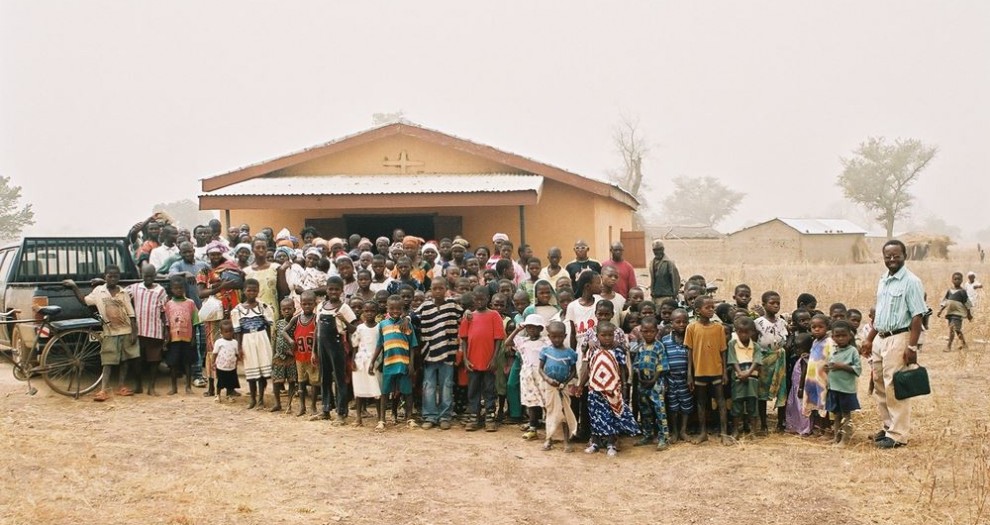
The only public building in the village of Bagri (where our first school was built) is a small Baptist chapel, built in 2001. On Sundays, the building is overflowing with people.
The Pastor is Charles Karbo and he is also our Programme Manager. As son of the paramount chief of the area, he grew up in the Palace in Lawra, the major market town of the area.
He says, “I was brought up in the pagan religion. My father had 40 wives and at the 25th anniversary of his death in 1993 there were still about 30 of them alive. My father allowed various religious groups into the district and decided to associate different children with different religions some with Christian groups, some with Islam and some with traditional beliefs. I was to follow traditional tribal beliefs, which (at the time) I welcomed. It was intended that I would succeed to be keeper of the idols in the Palace.”
Pastor Karbo has a particular concern for the outlying villages around Lawra, which (before Savannah purchased a vehicle) he journeyed to on a small motorbike. In the past, he has also worked part time for the local education services but now devotes his time to his pastorate and to managing the Trust’s projects.
A small Committee, formed from the church, helps to organise the construction of school buildings and the schools are Christian schools, managed by the church on behalf of the whole community. (Read about the Trust’s Christian policy here).
Tribal Leadership
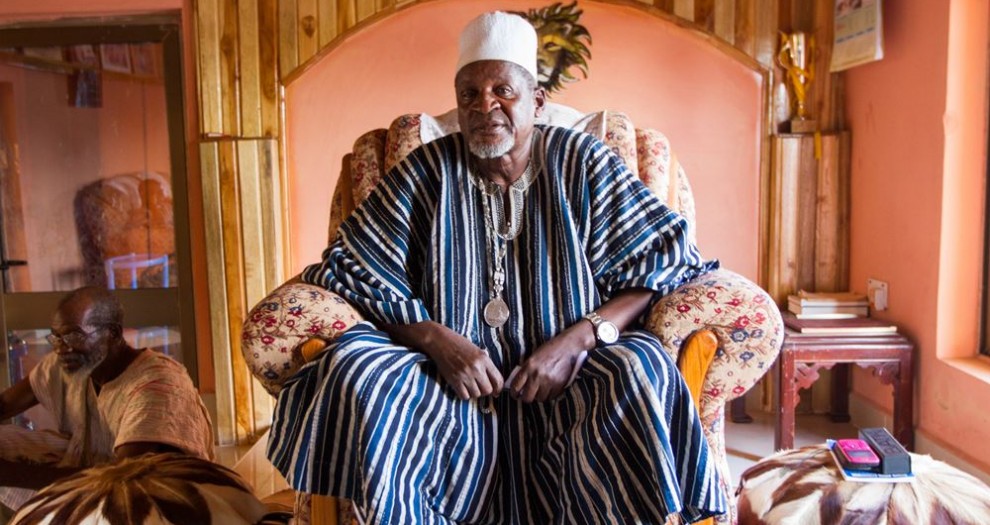
“The world is ablaze. A giant has fallen. The great oak tree is down. The royalists and courtiers of the Lawra Royal Palace are weeping and all Ghanaians, nay, the whole world is lamenting. The lions, tigers and wise elephants of the gate of the Lawra Royal Palace are roaring restlessly and ceaselessly.”
So started one of the addresses at the funeral of Chief (or Naa) Abeifaa Karbo II, Paramount Chief of Lawra District.
When the Trustees of the charity visited Ghana in February 2005 he had recently died, but we were greeted at the Royal Palace by some of the tribal elders (or ninbere). We were introduced by our project manager Pastor Charles Karbo, brother of the lately deceased chief, and the tribal elders pledged their support for the work of the Trust. A highlight of each subsequent visit has been our time spent with the Paramount Chief.
The area around Lawra (the district town) is inhabited by the Dagaaba people. Each village (teni) has its own chief, in addition to the paramount – or overall – chief living in Lawra Palace. The chiefs command significant respect from their people. Although since independence the central government have been responsible for such provisions as healthcare, education and transport, the more traditional concerns (mainly land and family issues) remain the responsibility of the tribal elders.
It is therefore crucial that the school projects have the backing of the Paramount Chief and the local village chief. Indeed in each case the request for a new school has come from the village chief.
In Bagri the village chief then told us, “For too long we have been in darkness, we hope that you will bring us light.”
The village elders also show their support in a practical way. They are the custodians of all of the land locally, a responsibility vested in one of the elders known as the landowner (or tendaana). A large site has been given for the school building in each village.
Without the tribal links of Pastor Charles Karbo, and the support of the village elders, it would be virtually impossible for outsiders to undertake these projects.
The Ghanaian Government
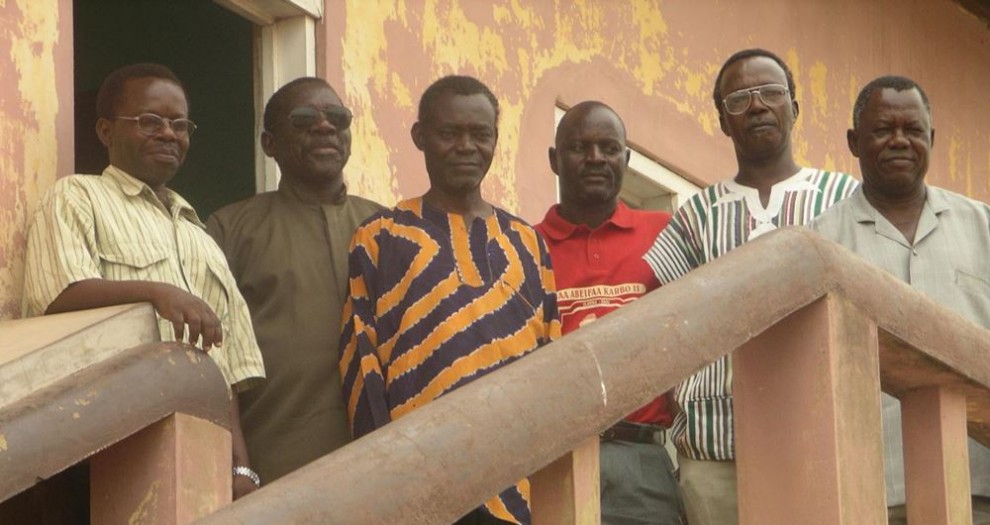
Ghana is divided into 10 regions and 112 districts. Bagri village is located in the poorest region (Upper West Region) and one of the poorest districts (Lawra District). Clearly the Ghanaian government have significant problems to combat, but it is telling that they spend approximately 30% of their annual income on education.
A visit to the local Ghana Education Service offices, on the edge of Lawra, gives some insight into the struggle that local government faces. There are simply not enough resources to provide education for every child in the district. At the opening ceremony for Bagri School, the Director of Education commented that the villagers were “hardworking farmers and fishermen who have long asked the Education Office for the establishment of a school.” Without assistance from the Trust generations of children would face a future without an education.
The Trust’s policy has been to work alongside (although not through) government, and the government have warmly welcomed the presence of an educational charity in their district. They have agreed to fund the ongoing costs of teachers at schools if the building costs were met by the charity – making each school sustainable in the long term. They have fulfilled their promises. The representative of the District Commissioner (the head of the district local government) has described the Trust at as “a strategic partner who shares in our visions and dreams.”
Importantly, the Education Service are sympathetic to the school’s Christian ethos. Across Ghana, the government are used to working with charities and churches of various denominations.
On a continent where governments sometimes have a reputation for corruption, we are thankful that the local Ghana District Education office have been helpful partners.
The Parents
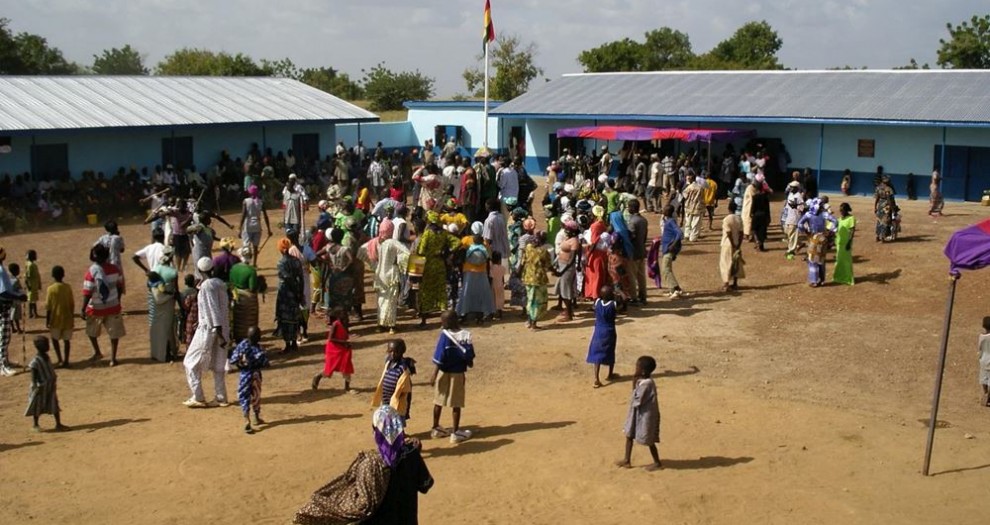
Parents play a critical part in any school – but particularly so at our Savannah schools in that they constructed the buildings. As the Trustees said at the opening ceremony of Bagri school: “This school is a great tribute to Bagri community. It is your school. You built it with your own hands. And it will provide an education for your children.”
The parents in the villages are almost all either fishermen or farmers (and sometimes a combination of both). Their daily work is extremely difficult and produces a meagre return scarcely feeding their own families. The fishermen spend long periods away from the village on fishing trips along the Black Volta river and, during the dry (“hungry”) season, the young men head south to farm in more fertile parts of the country. The manual work is not simply the preserve of the men. The women not only have responsibility for household chores and carry the heavy loads of water back from the river or waterhole. They also work long hours in the field, particularly at seedtime and harvest.
The advantages of education are not necessarily obvious to parents in villages where they (and indeed every preceding generation) have no experience of school. In the months before any construction starts, our programme manager – Pastor Charles Karbo – holds many meetings with parents to provide information about the proposed school, and to inform them of the benefits. A parents’ committee is subsequently formed to help plan and organise the work.
The core of the school structure is built by the parents, who are divided into work groups. Carpenters, plasterers and other skilled labourers from the local town of Lawra are used to complete each building.
It is a sacrifice for parents in this area to send children to school, as they cannot then be used to help with farming and other chores. It is to relieve the considerable pressure on parents that the Trust is providing a meal for each child each day. In this way, we hope to ensure that every child in these villages is able to attend school.
